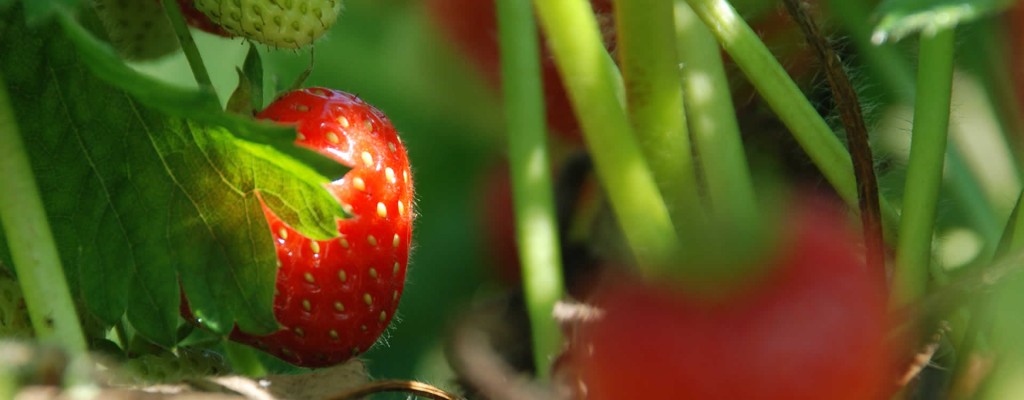IPM in the spotlight
In the same way that we can look to a weather vane to indicate the prevailing wind we can also look to leading articles in the trade press to understand the prevailing thoughts and hopes of fresh produce businesses – and those who serve them. We are delighted this month to see a comprehensive article reviewing the work being done to better understand the power and potential of IPM products.
Improving the efficacy of IPM
The Vegetable Farmer has been reporting for and about all aspects of vegetable growing for over 25 years. The detailed Vegetable Farmer article by Frances Wright explores the pioneering work underway to better understand how the efficacy of integrated pest management can be improved. In the two page feature, a range of academics and agri-chemical commercial companies share their perspectives and ongoing plans.
Benefiting the Beneficials
At Harper Adams University, Professor Keith Walters, is reported for his efforts to work out how to help beneficial insects survive so that they may attack pests and pathogen after the initial effectiveness of conventional pesticides has diminished. Bringing on the beneficials may be like calling in the cavalry when the first battalion has tried, but completely succeeded, in its attack on the problem. However their use in this way is a welcome example of how the grower could save the cost of second dose of pesticide and is yet another example of integrating pest management tools effectively.
Faster route to market recommended
Impatience in the industry to access a fuller collection of IPM products is growing and acknowledged. Andrew Gough, UK and Ireland manager at Lallemand Plant Care, is quoted mentioning that “biologicals are often low risk products that should therefore undergo an easier registration process and in their way they could be quicker introduced to the potential markets and users’.
Up scaling from protected crops to field scale
Certis Europe is investing significantly in its biorational portfolio. Semo Kurtev, IPM Manager at Certis Europe, is reported speaking at the recent Association of Independent Crop Consultants’ (AICC) conference. He explained that important steps are being made to improve in-field performance of semis-chemicals, botanicals, microbiological and macrobiologicals. But, most significantly, the most relevant potential is their use as partners with other conventional products. Kurtev adds, “the more forward-looking view is that we will eventually come to rely more on biorational products”.
Reward growers with premium for IPM production
There is a potential for a premium for IPM system produce. Rothamsted senior crop protection scientist Toby Bruce says that growers using IPM strategies should be awarded a price premium.
However for others the more realistic goal is to use the best of conventional and biorational in an IPM system that achieves lower costs of production – thus improving profitability or sustainability.
These observations are not unique to vegetables, Real IPM Kenya co-sponsored a study into the use of IPM strategies in roses for the Austrian Co-op, which showed integrated IPM could deliver lower cost, lower residue roses into their supply chain: a win-win for growers and consumers.
Fair winds for Real IPM
This is why it is good for us and those we supply to see and feel the fair wind that is powering the increased interest in the Real IPM UK products we offer.Getting the products registered and into use in all their potential will be far from a breeze, we know that. But, with all the work we have underway, it’s great to feel this forceful wind in our sails.
